Recent Colorado Court of Appeals Opinion Extends Liability to LLC Managers Under “Veil-Piercing” Theory
Managers of Colorado limited liability companies (“LLC’s”) should be aware of a recent opinion by the Colorado Court of Appeals that extends personal liability to managers of Colorado LLC’s under the “piercing the veil” theory of liability. As a result, managers of Colorado LLC’s should take appropriate steps to reduce the risk that they will be held personally liable to third parties for the obligations of the LLC. The opinion, announced May 28, 2009 in Sheffield Services Company v. Trowbridge, marks the first time that an appellate court in Colorado has held that an LLC’s managers can be held personally liable under the theory of “piercing the corporate veil.” Quotations below in this Client Alert are from the opinion of the Court of Appeals in Sheffield or in cases cited by the court in its Sheffield opinion.
“Veil-Piercing”—Corporations and LLC’s. “Piercing the corporate veil” is a doctrine of common law (i.e., based on rulings of judges, rather than on statutes) that historically has been used to penetrate the corporate veil of limited liability in order to impose liability on individual shareholders for the corporation’s obligations. Under Colorado law, the corporate veil-piercing doctrine is appropriately applied “when a corporation is merely a corporate shareholder’s alter ego, and the shareholder uses the corporate structure to perpetrate a wrong.” Courts consider many factors in determining whether the corporation is a shareholder’s alter ego, i.e., whether there is “such a unity of interest in ownership that the separate personalities” of the corporation and the shareholder no longer exist. These factors include whether:
- the corporation is operated as a distinct business entity;
- assets and funds are commingled;
- adequate corporate records are maintained;
- the nature and form of the entity’s ownership and control facilitate misuse by an insider;
- the business is thinly capitalized;
- the corporation is used as a “mere shell;”
- shareholders disregard legal formalities; and
- corporate funds or assets are used for noncorporate purposes.
In Colorado (unlike some states), once the court finds that an alter ego relationship exists, it must determine “whether justice requires recognizing the relationship’s substance because the corporate fiction was ‘used to perpetrate a fraud or defeat a rightful claim.’” Finally, the court must evaluate “whether disregarding the corporate form and holding the shareholder personally liable for the corporation’s acts will lead to an equitable result.”
When the Colorado legislature created the limited liability company as a form of entity for conducting business, it adopted the existing veil-piercing law applicable to corporations and made that law applicable to limited liability companies. The Colorado LLC statute provides that, “In any case in which a party seeks to hold the members of a limited liability company personally responsible for the alleged improper actions of the limited liability company, the court shall apply the case law which interprets the conditions and circumstances under which the corporate veil of a corporation may be pierced under Colorado law.” Note that this statute refers only to members of an LLC and is silent on the question of whether a manager can be held liable for the improper actions of the LLC. This was the question before the court in the Sheffield case.
In 1984, before the Colorado legislature created LLC’s as a form of entity for conducting business, the Colorado Court of Appeals extended the principle of piercing the corporate veil to cover corporate directors, meaning that a corporation’s directors, as well as its shareholders, could be held liable for the improper actions of the corporations on whose boards they sit. Based on its 1984 ruling, the Court of Appeals in the Sheffield case could perceive “no basis for declining to extend [the reasoning behind the principle] to impose personal liability on LLC managers.”
As the Court of Appeals in Sheffield pointed out, the doctrine of piercing the corporate veil is an equitable doctrine, which means, among other things, that results in any particular case can be highly dependent on the facts of the particular dispute, as well as on the perception of the relationship between the shareholder and the corporation. Unfortunately, such cases do not lend themselves to an easy, black-and-white legal analysis under any given set of circumstances. Nonetheless, there are actions and strategies that LLC’s, their members, and their managers can implement to reduce the chances that a manager will be held personally liable for the actions of the LLC. Managers should consult with their counsel to discuss these alternatives and to develop appropriate strategies for reducing this risk.
For more information, contact Robinson, Waters and O’Dorisio.








